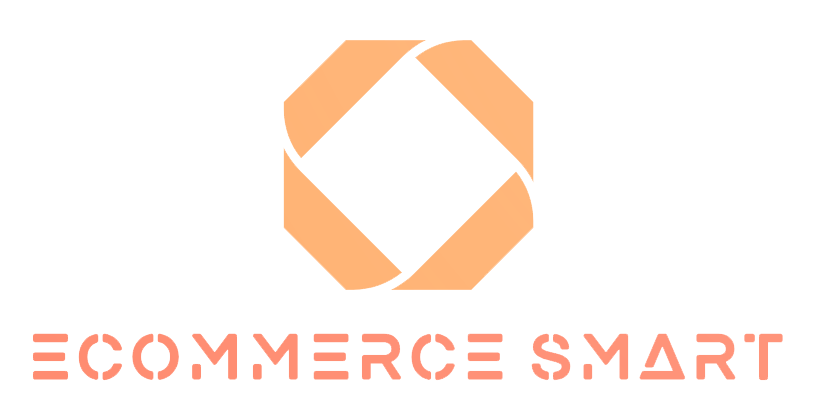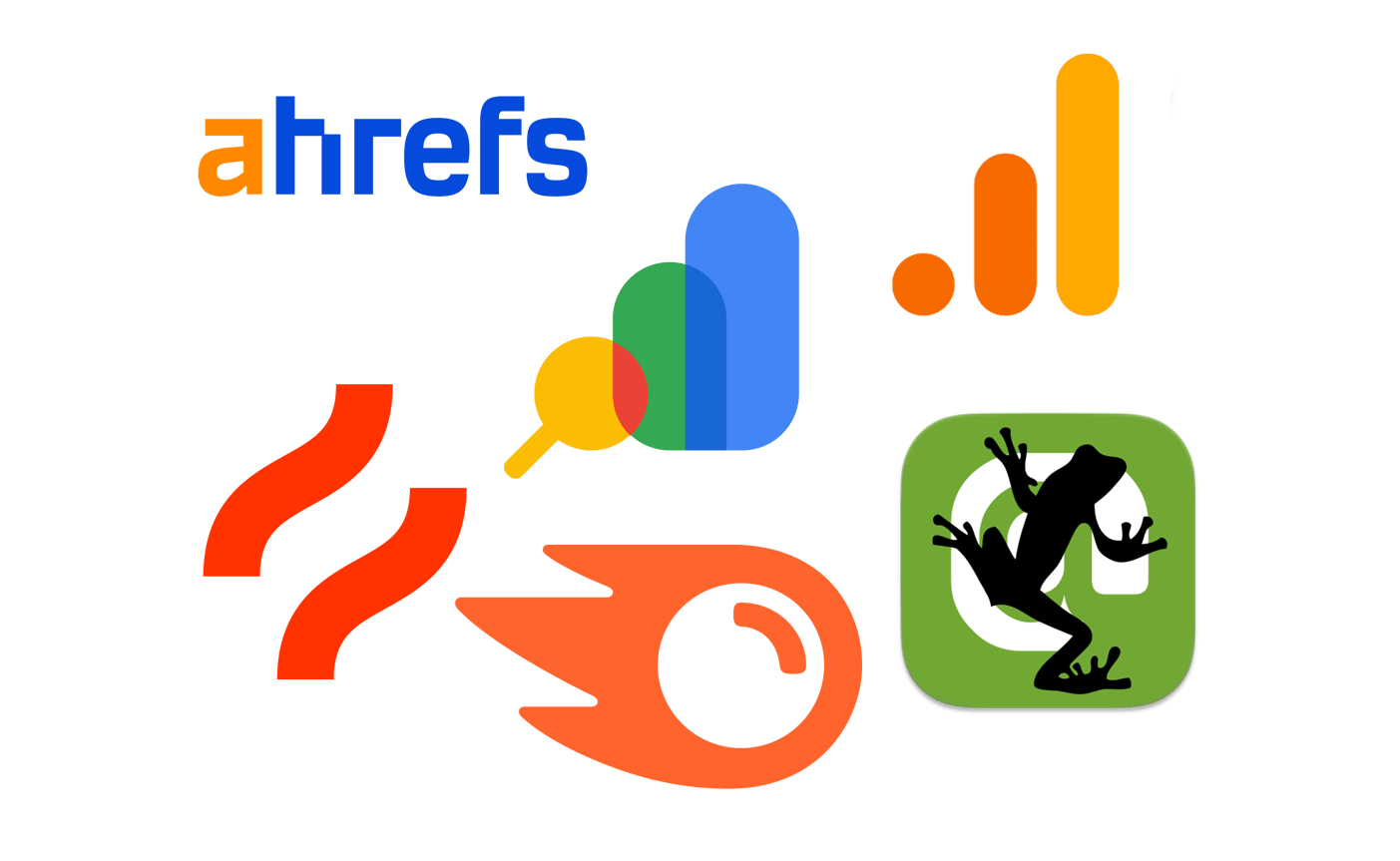If you’re managing an ecommerce store and trying to improve rankings, traffic, or conversions – chances are you’ve either been overwhelmed by SEO tools or underwhelmed by what they delivered.
In 2025, there are more SEO platforms than ever claiming to “unlock traffic” – but very few are actually built with ecommerce in mind.
So today, we’re cutting through the fluff.
Here’s our curated guide to the best ecommerce SEO tools available in 2025 – and more importantly, how to actually use them to grow your store.
Table of Contents for The Best Ecommerce SEO Tools
Why Ecommerce SEO Deserves a Specialised Stack
Ecommerce SEO isn’t like blog SEO or B2B lead gen. Your SEO stack needs to account for:
- Product URLs and dynamic filtering
- Category page optimisation
- Structured data for products (schema)
- Image optimisation
- Crawl management at scale
- Large-scale technical audits
- Revenue attribution, not just rankings
That’s why we use a different toolkit for ecommerce clients – and why our SEO for Ecommerce service is built around tools that show real impact, not just vanity metrics.
The 10 Best SEO Tools for Ecommerce in 2025 (and how we use them)
1. Semrush
Best for: Keyword research, competitor benchmarking, site audits, backlink analysis
We use Semrush to:
- Find long-tail keywords for product/category pages
- Benchmark competitors’ SEO visibility
- Monitor toxic backlinks
- Track high-impact keywords across category pages
- Discover featured snippet opportunities
Pro tip: Use Semrush’s Keyword Gap tool to spot what your competitors rank for – and you don’t.
2. Screaming Frog SEO Spider
Best for: Site crawling, finding technical SEO issues
If you’re running a large Shopify, Magento or WooCommerce store, Screaming Frog is a must-have. We use it to:
- Crawl sites and identify broken links, duplicate content, missing tags, etc.
- Audit redirect chains (especially after migrations)
- Identify crawl waste in filter URLs and internal search pages
- Export data to visualise crawl depth and page types
Pro tip: Combine with GA4 + GSC to enrich crawl data with performance metrics.
3. Google Search Console (GSC)
search.google.com/search-console
Best for: Diagnosing indexing issues, analysing performance
This is the first place we go when a client says “my product pages aren’t showing in Google.”
We use GSC to:
- Monitor how Google crawls and indexes your site
- See which queries drive clicks
- Find underperforming URLs
- Submit XML sitemaps and monitor errors
- Spot core web vitals issues
→ Need help setting it up properly? That’s part of our Analytics & Reporting service.
4. Ahrefs
Best for: Backlink strategy, content gap analysis, keyword tracking
It’s the go-to for ecommerce brands looking to:
- Monitor backlinks to their store and products
- Identify domains linking to competitors
- Run in-depth content and keyword gap audits
- Audit internal linking strategy
Ahrefs’ link intersect tool is powerful for ecommerce PR and outreach.
5. Google Analytics 4 (GA4)
Best for: Understanding how SEO drives behaviour and revenue
GA4 isn’t an SEO tool, but it’s essential to track how organic traffic actually performs.
We use GA4 to:
- Compare SEO traffic vs other channels (revenue, AOV, CVR)
- Build custom funnels (e.g. SEO landing page → PDP → Checkout)
- Analyse returning user behaviour
- Identify pages with high bounce + low conversion
→ We explain it fully in this GA4 for Ecommerce guide
6. Hotjar
Best for: Behavioural insights on SEO landing pages
You’ve ranked a page. Traffic is flowing. But why aren’t people converting?
We use Hotjar to:
- Watch heatmaps and scroll depth on SEO landing pages
- Identify friction on category and product pages
- Collect feedback with exit-intent surveys
- A/B test different layouts based on real interaction data
→ Part of our wider CRO strategy
7. Schema Markup Validator
Best for: Validating product schema, review stars, breadcrumbs
Ecommerce SEO needs schema. Why?
- Rich snippets (stars, price, stock) increase CTR
- Helps Google understand your content and products
- Boosts visibility in Shopping/organic
Use this tool to check your implementation after setting up structured data.
→ We handle schema setup for Shopify, Magento and WooCommerce as part of our platform consultancy services.
8. Google Trends
Best for: Seasonal keyword trends, product research
You can’t optimise in a vacuum. Google Trends helps ecommerce brands:
- Plan content calendars
- Predict seasonal interest in products
- Spot rising queries
- Decide when to push product launches
Great for aligning SEO with paid, email and affiliate timing.
9. PageSpeed Insights / Lighthouse
Best for: Diagnosing speed issues that impact SEO & UX
Page speed and core web vitals are ranking factors – and even more importantly, conversion factors.
We use these tools to:
- Diagnose slow-loading PDPs and collection pages
- Identify issues with image sizing, JS bloat, lazy loading
- Report on LCP, CLS, TBT issues
- Prioritise fixes based on page importance
→ We pair this with user behaviour data for our CRO audits.
10. Surfer SEO / Clearscope (Optional)
Best for: On-page optimisation guidance for ecommerce content
If you’re creating buying guides, blog posts, or long-form category intros, tools like Surfer or Clearscope help:
- Optimise keyword usage
- Check semantic relevance
- Benchmark against competitors
- Guide internal linking
We use these for ecommerce blog content and SEO-driven editorial strategies.
How to Build Your Ecommerce SEO Stack
Here’s a no-fluff guide depending on your goals and store size:
| Goal | Tools |
|---|---|
| Technical audit | Screaming Frog, GSC, PageSpeed Insights |
| Keyword/content | Semrush, Ahrefs, Google Trends |
| Backlink growth | Ahrefs, Semrush |
| Conversion insights | GA4, Hotjar |
| Schema/rich results | Schema Validator, Ahrefs |
| Content optimisation | Surfer/Clearscope, GSC |
| Overall monitoring | GSC, GA4, Semrush |
→ Need help building the right stack? Book a discovery call and we’ll help match tools to your site and goals.
Common Mistakes to Avoid
| Mistake | Fix |
|---|---|
| Using only one tool | Combine crawlers + analytics + behaviour data |
| Ignoring GSC | Set up properly and check it weekly |
| Forgetting product schema | Add structured data to key pages |
| Tracking only traffic, not revenue | Set up GA4 ecommerce tracking |
| Obsessing over vanity keywords | Focus on commercial-intent search terms |
Final Thoughts on The Best Ecommerce SEO Tools
The best ecommerce SEO tools don’t just give you data – they help you make decisions.
And in 2025, your SEO strategy needs to go beyond “write blogs” and “get backlinks.” You need tools that:
- Uncover the right keywords
- Show how users behave
- Connect SEO to revenue
- Scale with your product catalogue
We’ve used everything on this list (and a few more we’ve since abandoned). The difference isn’t in the tools – it’s in how you use them.
Ready for smarter ecommerce SEO? Explore our SEO for Ecommerce service
Or book a free strategy call and we’ll audit your current SEO toolstack









0 Comments